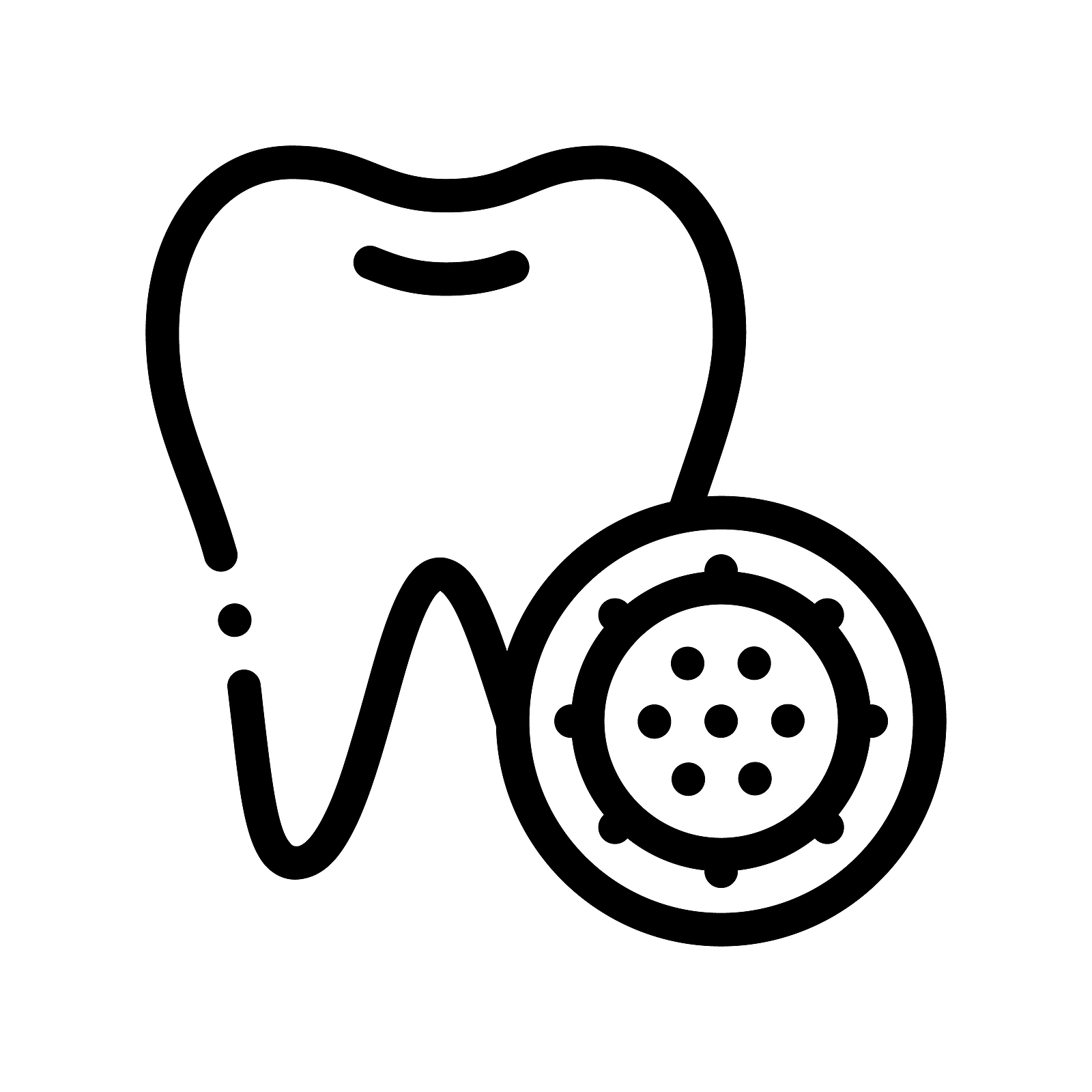
What Happens If You Don’t Treat A Tooth Infection?
Many people dislike going to the dentist, which can make them ignore pain in their mouth or jaw and put off seeking treatment for serious

Many people dislike going to the dentist, which can make them ignore pain in their mouth or jaw and put off seeking treatment for serious conditions like tooth infections. But what will happen if you don’t treat a tooth infection early?
Let’s start with the basics of what a tooth infection is and how it manifests, then we’ll explore some of the complications that can arise if you avoid seeking treatment from your dentist.
A tooth infection, also known as a dental abscess, occurs when bacteria get into the soft pulp inside your tooth and cause an infection. This infection results in a pus building up within your tooth causing pain and discomfort.
Normally, the hard enamel on the outside of our teeth protects us from such infections, but if the enamel is damaged – either because it gets chipped or through decay – this can allow bacteria into the soft interior of our tooth. This is where the problems start.
Often what causes the most pain is the swelling that the build up of pus creates, so when this is alleviated it can often feel better. However, it’s still essential to treat the underlying infection, otherwise it will recur and could spread to other parts of the body.
Normally, you’ll be prescribed dental abscess antibiotics like amoxicillin to help get the infection under control.
Aside from the pain and discomfort you’ll experience, your tooth will continue to decay as a result of the continued presence of the bacteria.
The most common outcome is that you’ll lose your tooth if you don’t get treatment for a dental abscess, which could involve not only taking antibiotics but also undergoing a root canal procedure.
This is where a dentist will remove the infected part of your tooth and drain the abscess if one has developed. It can take more than one appointment for your dentist to be confident they’ve cleared out the infection, so they’ll put a temporary filling on your tooth to protect it in between your appointments.
When your dentist is satisfied that they’ve cleared up the infection, often through a combination of this kind of treatment and a course of antibiotics, you’ll have a crown or permanent filling fitted.
In some cases, your dentist may decide that removing your tooth is the best option, rather than trying to save it with a treatment like a root canal. The longer you leave your tooth infection untreated, the more likely that this will be the outcome.
The different parts of our bodies are not isolated from one another – it is a holistic ecosystem that works together to keep us healthy and strong. Therefore an infection somewhere like your tooth can spread to other parts of your body if it isn’t treated promptly.
When this happens, the consequences can be serious. The most common complications occur around your face and mouth, given that this is where the initial infection is located. The following are the main ways in which a dental abscess and infection can spread:
This all paints quite a scary picture, but it’s important to note that most tooth infections and dental abscesses are treated easily with antibiotics and a dental procedure like a root canal, with few people developing such severe complications.
However, it is worth understanding how infections can spread within the body to ensure that you always seek dental treatment when you first notice signs of discomfort or pain, because this is the key to resolving an infection before it becomes much more serious.
While you can buy dental antibiotics online, this is not an alternative to visiting a dentist and seeking their professional opinion. Often antibiotics will be used in conjunction with another form of treatment to ensure the infection is brought under control.
Taking antibiotics alone won’t solve the underlying cause of the infection – namely a damaged or decayed tooth that will need some form of intervention to repair. So, while visiting the dentist might seem scary, ignoring the pain or discomfort and hoping that a tooth infection will resolve on its own can be much more damaging and terrifying in the long run.

Many people dislike going to the dentist, which can make them ignore pain in their mouth or jaw and put off seeking treatment for serious

If you are worried about a dental abscess or are dealing with the agonising pain that is sometimes caused by them, the first step many
Complete an online consultation
Choose your treatment
Our prescriber will review your online consultation
You will receive your treatment the next working day